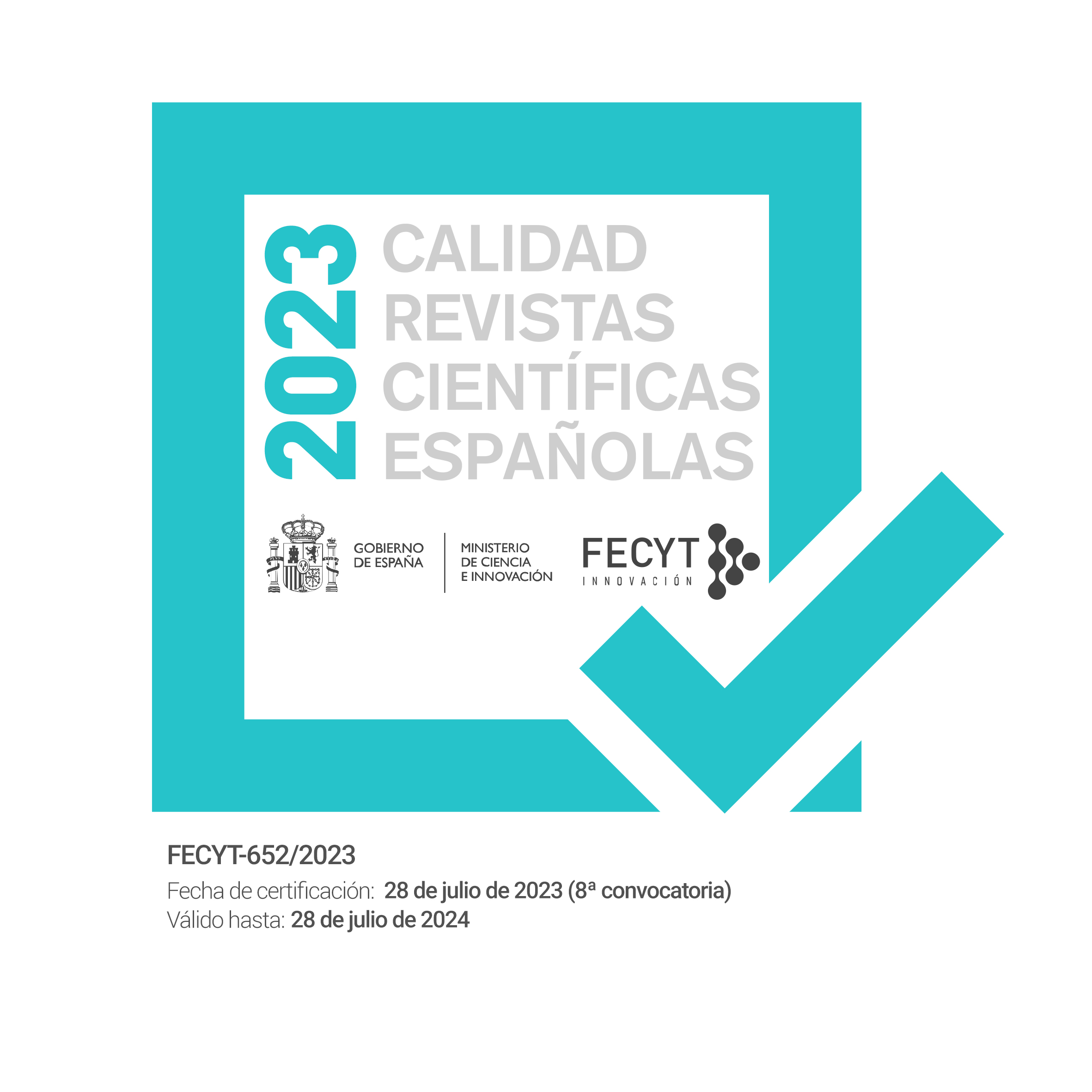Languaje experience and the representation of phonology in a unknown languaje
Palabras clave:
speech perception, language identification, language discrimination, language understanding, phonological representationResumen
Adult listeners can identify spoken samples of a language unknown to them and to discriminate among languages even when produced by the same talker. Listeners attend to rhythm, pitch excursions, and segmental properties. This study examines the effects of previous language experience on the ability to arrive at simple phonological representations. There were three groups of listeners: 17 American students in third year Spanish, 17 American students in third year German, and 20 monolingual American students. All listeners watched a brief Japanese cartoon. Then they heard a test recording containing samples of five foreign languages. For each sample, they had to decide whether the language was Japanese or not. Although none of the listeners had specific experience with the target language, they approached the task of representing novel phonology in ways which may have been influenced by their experience with the sound patterns of other languages.Descargas
Publicado
Número
Sección
Licencia
Derechos de autor 2021 Emilia Alonso Marks, Zinny S. Bond, Stockmal Verma

Esta obra está bajo una licencia internacional Creative Commons Atribución-NoComercial 4.0.
Reconocimiento – No comercial (CC BY-NC). Bajo esta licencia el usuario puede copiar, distribuir y exhibir públicamente la obra y puede crear obras derivadas siempre y cuando estas nuevas creaciones reconozcan la autoría de la obra original y no sean utilizadas de manera comercial.
Los autores retienen todos sus derechos de publicación y copyright sin restricciones.








